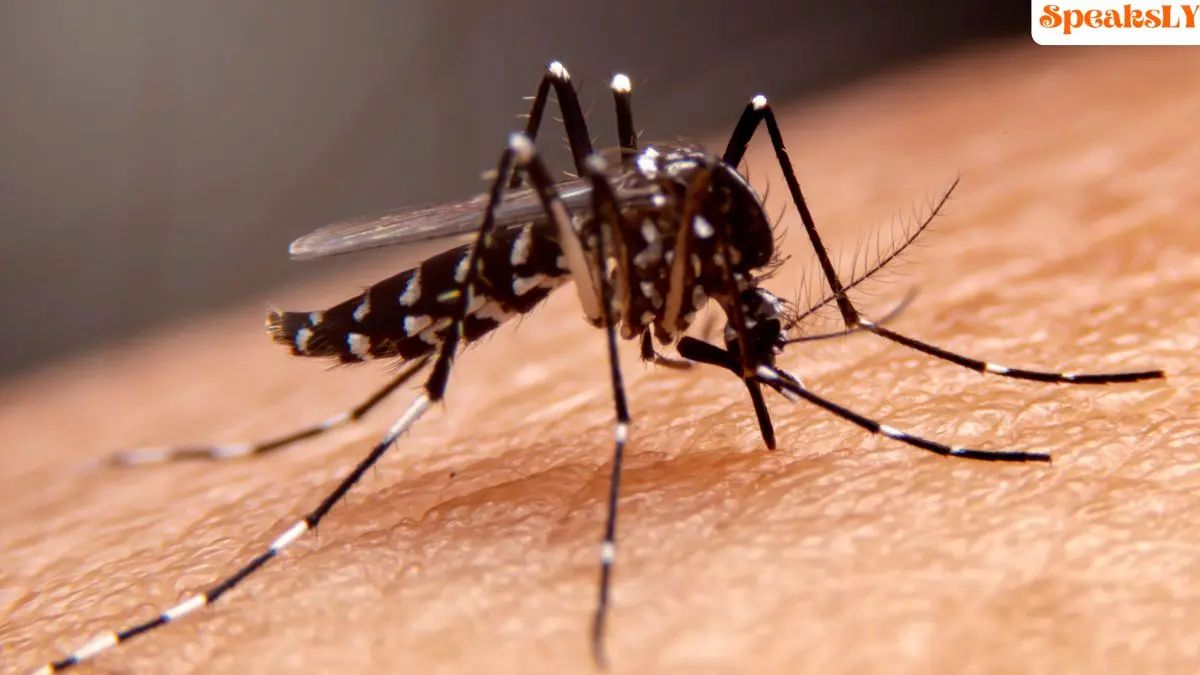The World Health Organization (WHO) has officially declared Egypt to be malaria-free, marking a significant public health milestone. This historic achievement concludes nearly a century of efforts to eliminate a disease that has plagued the country for millennia. Malaria, which has roots as old as Egyptian civilization, is no longer a threat to Egypt’s future, marking a new era for the country of more than 100 million people.
“Malaria is as old as Egyptian civilization itself, but the disease that plagued pharaohs now belongs to its history,” said Dr. Tedros Adhanom Ghebreyesus, Director-General of WHO. “The certification of Egypt as malaria-free is truly historic and a testament to the commitment of the people and government of Egypt to rid themselves of this ancient scourge. This achievement is an inspiration to other countries in the region.”
Egypt becomes the third country in the WHO Eastern Mediterranean Region to be declared malaria-free, following the United Arab Emirates and Morocco. Globally, only 44 countries and one territory have reached this remarkable status.
The Long Journey to Elimination
Egypt’s journey to malaria elimination began nearly a century ago, with early efforts dating back to the 1920s. At that time, the Egyptian government took steps to reduce human-mosquito contact, including the prohibition of rice cultivation near homes, as malaria prevalence along the Nile River was as high as 40%. In 1930, Egypt declared malaria a notifiable disease, and a control station was established to focus on diagnosis, treatment, and surveillance.
However, challenges persisted. During World War II, malaria cases surged, reaching over 3 million due to population displacement and the introduction of the highly efficient mosquito vector, Anopheles arabiensis. In the 1960s, the construction of the Aswan Dam created standing water, which further increased the risk of mosquito breeding. Despite these setbacks, Egypt launched a rigorous vector control program, collaborating with Sudan to contain and manage outbreaks.
By 2001, Egypt had malaria firmly under control, and in 2014, the country swiftly contained a small outbreak in the Aswan Governorate. Early case identification, prompt treatment, and vector control were key to maintaining the country’s progress. Malaria diagnosis and treatment have been provided free of charge to the entire population, regardless of legal status, ensuring equitable access to healthcare.
A New Chapter for Egypt’s Public Health
To receive the WHO’s malaria-free certification, a country must demonstrate that local transmission has been interrupted for at least three consecutive years and that it has the capacity to prevent re-establishment of the disease. Egypt has successfully met these criteria, owing to its robust public health infrastructure, vigilant surveillance, and continued cross-border collaboration with neighboring countries.
“This certification is not the end of the journey but the beginning of a new phase,” said Egypt’s Deputy Prime Minister, Dr. Khaled Abdel Ghaffar. “We must work tirelessly to sustain our achievement by maintaining the highest standards for surveillance, diagnosis, and treatment. Our multisectoral efforts will be critical to preserving Egypt’s malaria-free status.”
The WHO praised Egypt’s dedication to eliminating malaria, with WHO Regional Director for the Eastern Mediterranean, Dr. Hanan Balkhy, emphasizing the country’s role as a leader in public health. “Egypt has proven that with vision, dedication, and unity, we can overcome the greatest challenges. This success is a victory for public health and a sign of hope for the world.”
As Egypt moves forward, the focus will be on preventing any resurgence of malaria while continuing to strengthen its healthcare system. The certification stands as a beacon of hope, not only for Egypt but for malaria-endemic countries across Africa and the world.
With Egypt’s malaria-free status now official, the country has paved the way for future public health victories, showcasing the power of sustained efforts and international collaboration.






